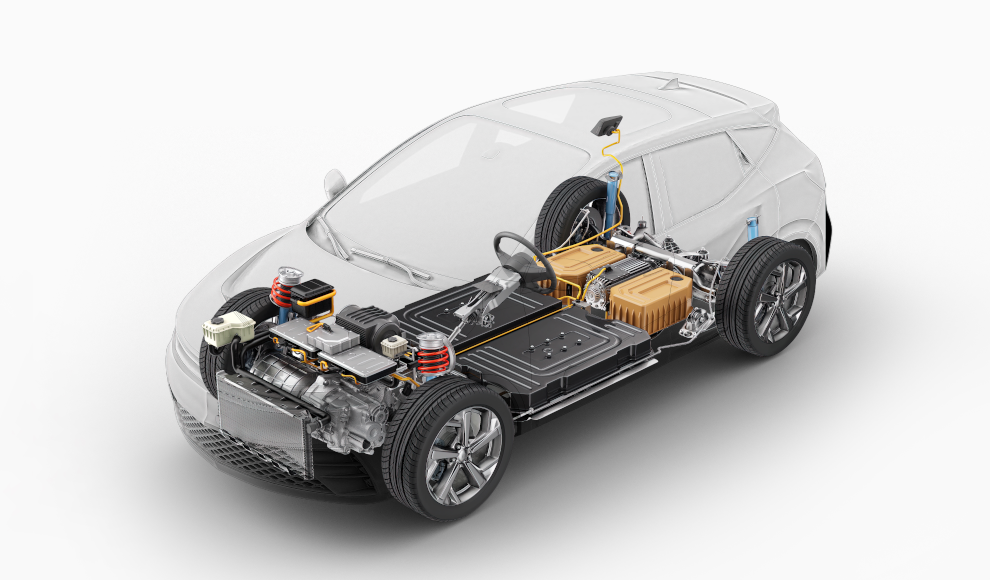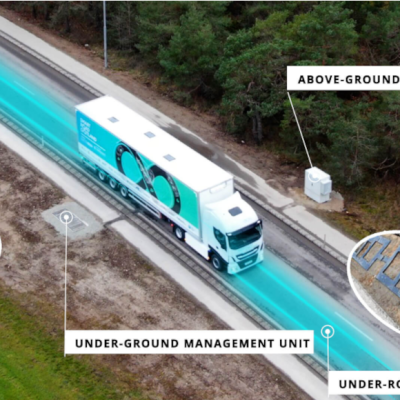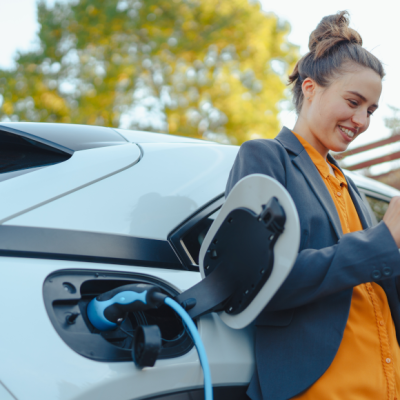A new solid-state battery has been developed with an electrode material that boasts unparalleled stability, even after hundreds of charging cycles, without any loss of capacity. Modern batteries experience a decrease in capacity due to chemical wear and tear with increasing charging cycles. This process is particularly noticeable in smartphones, which are charged daily by most users and lose significant battery life after two to three years. Electric cars and other devices with larger batteries are also affected, as they are based on the same technologies. Scientists from the University of New South Wales (UNSW) and Yokohama National University (YNU) have now introduced a new solid-state battery that does not experience any loss of capacity even after hundreds of charging cycles, thanks to its electrode material. According to their publication in the journal Nature Materials, they used lithium-containing vanadium oxides with an unordered salt lattice structure for the positive electrodes (cathodes). Together with an optimized electrolyte, they were able to achieve an energy density of 750 watt-hours per kilogram.
The conventional lithium-ion batteries used in electric cars, for example, have an energy density of only about 120 Wh/kg. The solid-state battery’s high resilience to wear and tear is also noteworthy. With a charge density of 300 mAh/g and a sulfite-based electrolyte, there was no loss of capacity even after 400 charging and discharging cycles. This is due to the low shrinkage and expansion of the cathode, whose chemical properties ensure that its volume remains almost identical when charged and uncharged. According to Neeraj Sharma, the development could significantly reduce battery costs. “The absence of capacity loss after 400 charging cycles is an indication of the superior performance of this material compared to conventional solid-state cells with a layered structure. This discovery could drastically reduce battery costs. The development of practical, high-performance solid-state batteries could also lead to the development of advanced electric vehicles.”
The development of this new solid-state battery is a significant breakthrough in battery technology, as it addresses the issue of capacity loss due to chemical wear and tear. With its high energy density and resilience, it could pave the way for the development of more advanced electric vehicles and other devices that require high-performance batteries. The potential reduction in battery costs could also make electric vehicles more affordable and accessible to a wider range of consumers.










